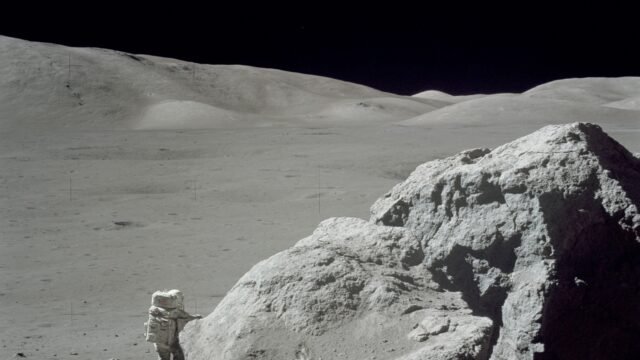Recently, Varda Space Industries launched its W-Series 1 satellite into orbit, serving as a “space drug factory.”
This new satellite from a California-based business investigates how to use the microgravity encountered in space to investigate different drug production techniques.
According to several studies, researchers can only produce drugs slowly and quickly in microgravity, which Varda Space plans to test in a real environment.[1]
Inside Varda Space Industries’ Space Factory
Following its launch earlier, the satellite, called “the world’s first space factory,” was already deployed, according to a tweet from Varda Space Industries.
On Monday, the business launched from California’s Vandenberg Space Force Base aboard SpaceX’s Falcon 9.
Satellites and other payloads are intended to be transported on the ride-share Transporter-8 mission to their final location in space.
It is well known that SpaceX once employed the leaders of Varda but chose to create a new space business.
The Rocket Lab Photon satellite, which will provide power, communications, and propulsion and aid the firm in regulating the space factory, is home to Varda’s W-Series 1 satellite.
Pharmaceutical Manufacturing in Microgravity
The W-Series 1, sometimes known as the world’s first space factory, was built primarily to produce pharmaceuticals in microgravity.
According to some sources, using microgravity in space, which offers a unique environment, is the ideal way to hasten the discovery and development of new drugs.
Microgravity Helps in Drug Development
Weightlessness, or microgravity, is said to change various processes, including combustion, fluid mixing, heat transfer, gas and liquid separation, crystal formation, and heat transfer, among others, and is supposedly advancing materials science research.
On the International Space Station (ISS), astronauts and researchers were already putting various theories or studies to the test.
To test beating human heart tissue chips on the International Space Station (ISS), SpaceX recently launched a Falcon and Dragon spacecraft.
Numerous studies and pieces of research were transported to the ISS for this particular subject, but the station is also carrying out additional studies on other medical problems and questions.
In one study, it was determined how microgravity affected cancerous tumors and aging skin cells.
The majority of what scientists were attempting to understand was how microgravity would affect the development of medicine.
Varda also wants to investigate how microgravity can be used to create pharmaceuticals that cannot be manufactured on Earth, such as an HIV/AIDS drug.
References
- Isaiah Richard, ‘Varda Space Industries’ W-Series 1 Satellite Becomes the World’s First Drug-Making Factory in Space’, Tech Times, 14 June 2023, https://www.techtimes.com/articles/292570/20230614/varda-space-industries-w-series-1-satellite-drug-making-space.htm[↩]





